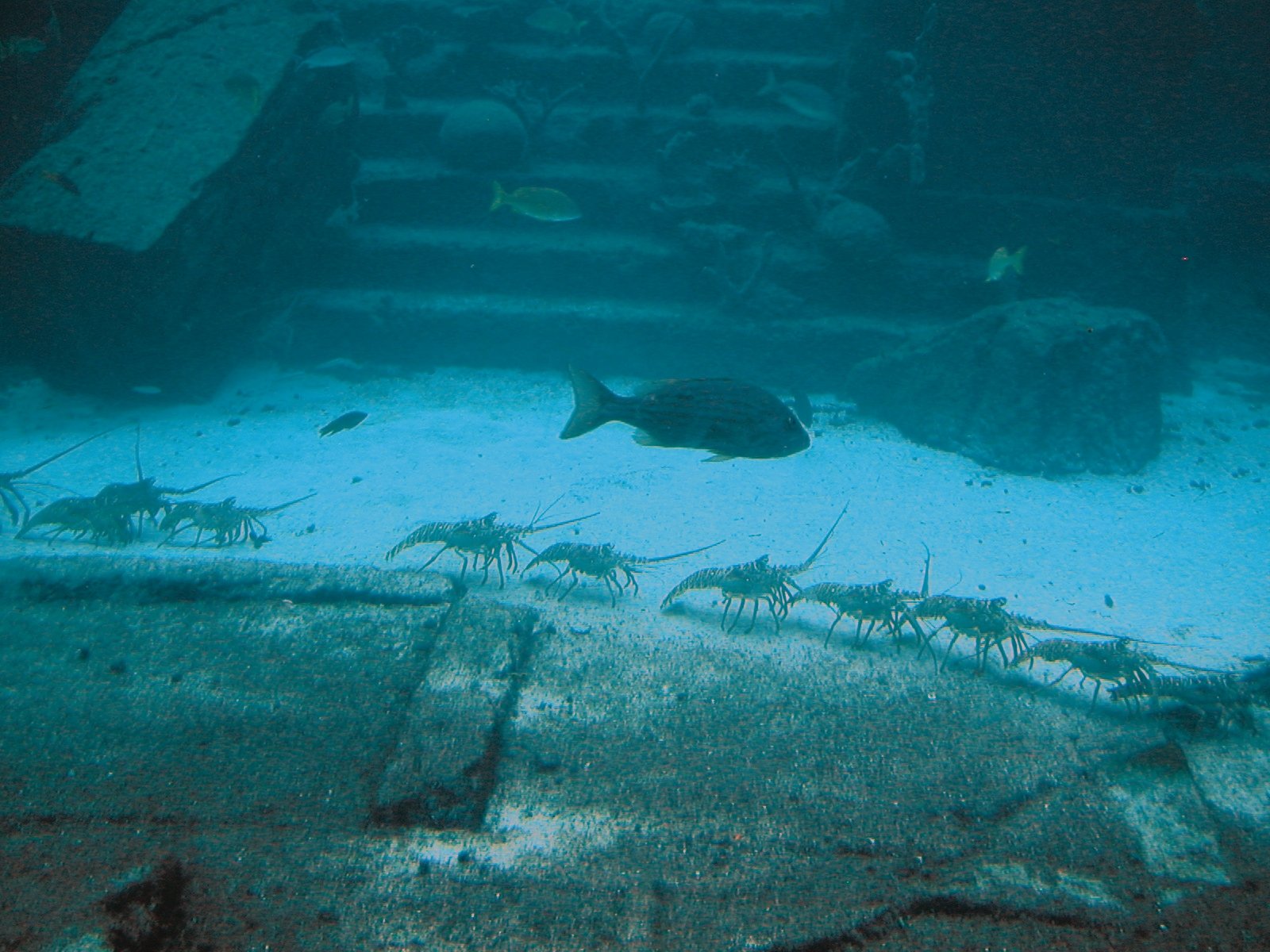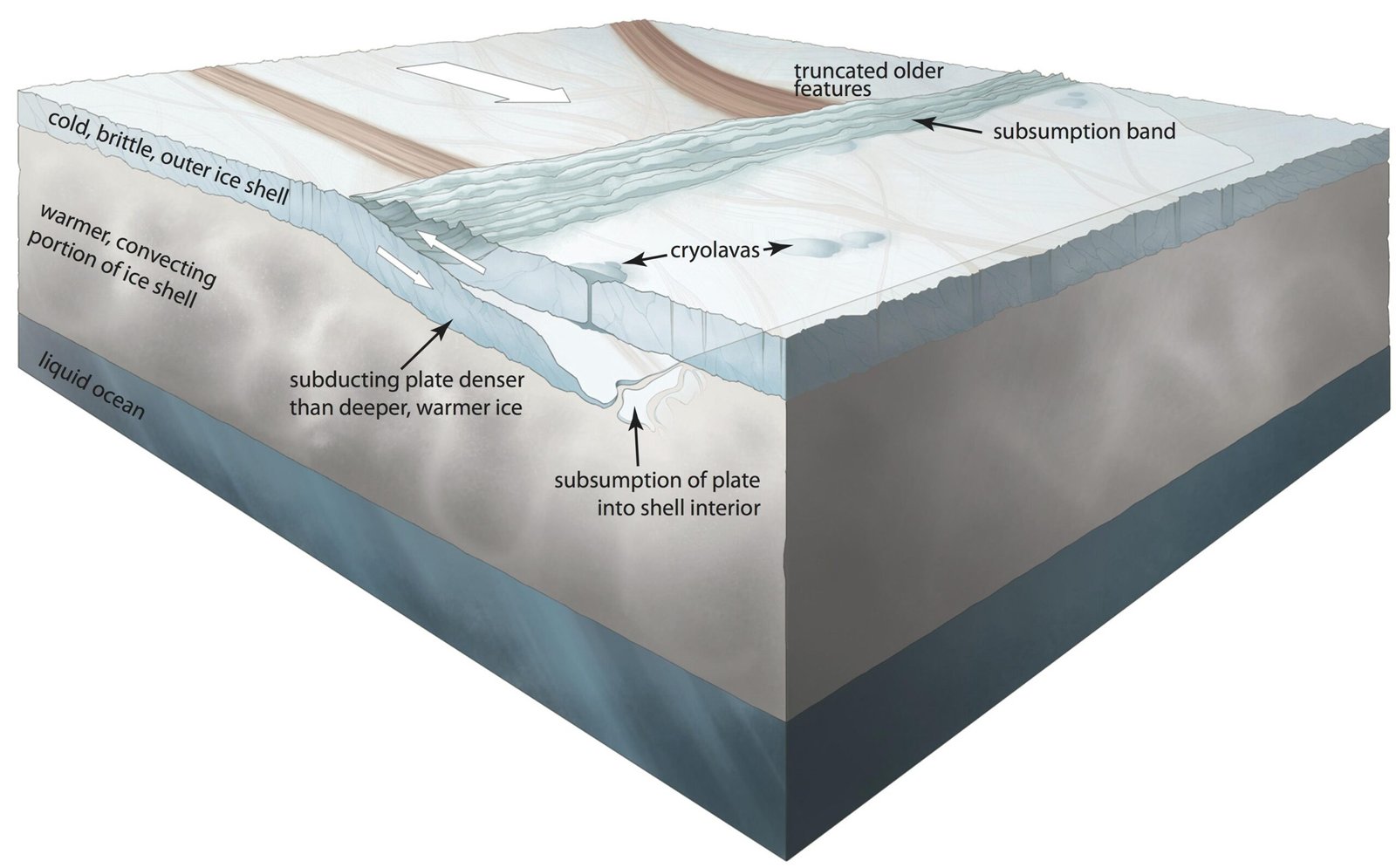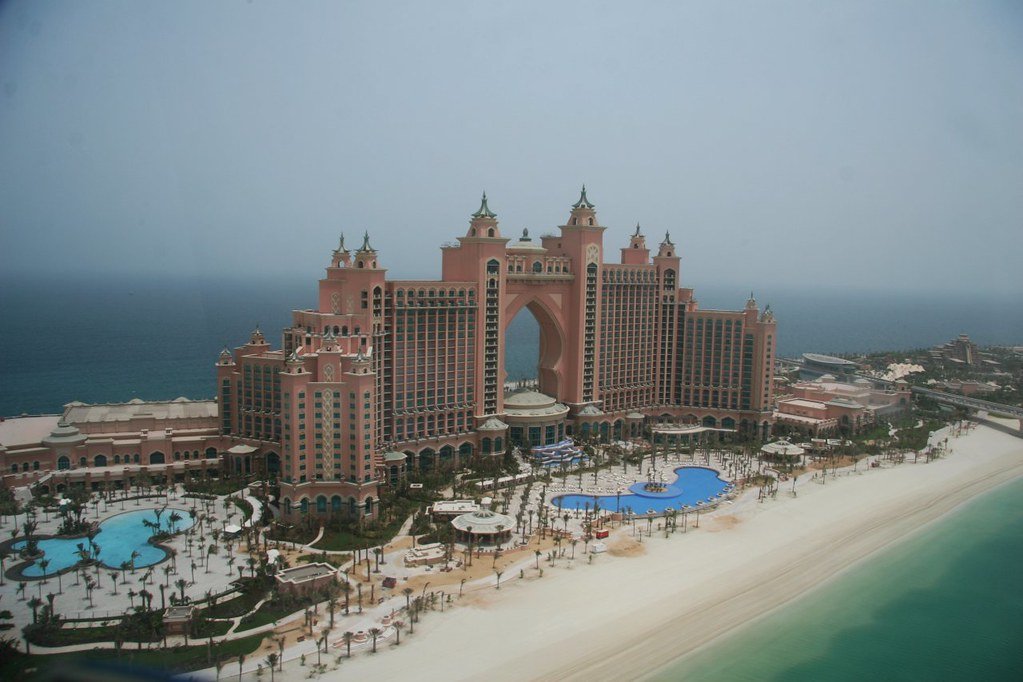Imagine a city so advanced, so dazzlingly beautiful, that even after thousands of years, people still dream about its marble columns and golden temples. Atlantis—the legendary city lost beneath the waves—has captured the hearts and minds of adventurers, scientists, and dreamers for centuries. Some call it the ultimate unsolved mystery, while others see it as a cautionary tale about human pride and the power of nature. But what if Atlantis was real? Where could it actually have existed? Let’s journey into the depths of myth, geology, and modern science to unravel the enigma of the world’s most famous sunken city.
The First Clues: Plato’s Mysterious Account
More than two thousand years ago, the great philosopher Plato wrote of an island empire beyond “the Pillars of Hercules.” In his dialogues, Timaeus and Critias, Plato described Atlantis as a powerful civilization that disappeared in a single day and night of misfortune. He painted vivid pictures of lush landscapes, advanced architecture, and a society that rivaled even ancient Athens. For centuries, scholars have debated whether Plato’s story was pure allegory, a warning against hubris, or a hint at a forgotten chapter of human history. The details are tantalizing, and they set the stage for the worldwide hunt that followed.
The Pillars of Hercules: Gateways to the Past
Plato’s “Pillars of Hercules” are widely believed to refer to the Strait of Gibraltar, the narrow passage between Spain and Morocco. This clue has shaped generations of Atlantis hunters, directing their gaze toward the Atlantic Ocean. Some researchers argue that this location hints at a lost civilization that once flourished on islands now submerged beneath the sea. The Pillars themselves have become a symbol of the unknown, a place where myth and reality blur. The question remains: was Plato’s geography accurate, or was he using poetic license to disguise the true location?
Myth or Memory: Could Atlantis Be Based on Real Events?

Many scientists ask whether the story of Atlantis might be rooted in real geological catastrophes. Throughout history, entire settlements have vanished due to earthquakes, tsunamis, or volcanic eruptions. The eruption of Thera (modern Santorini) around 1600 BCE devastated the Minoan civilization, giving rise to legends of cities swallowed by the sea. Could Plato have woven together ancient memories of natural disasters into his tale? The possibility lingers at the edge of history and legend, inviting us to look deeper.
Atlantis in the Atlantic: The Azores Hypothesis
One of the most popular theories places Atlantis in the middle of the Atlantic Ocean, near the Azores Islands. These volcanic islands poke out from the deep ocean like the last remnants of a forgotten continent. Some geologists have suggested that past volcanic activity or shifting tectonic plates could have caused landmasses to sink rapidly in this region. While satellite scans have revealed mysterious underwater formations, no concrete evidence of a lost city has surfaced. Still, the wild beauty of the Azores continues to fuel speculation and hope.
Lost in the Mediterranean: Santorini and the Minoan Connection
The breathtaking island of Santorini, with its dramatic cliffs and sunken caldera, offers another compelling candidate. Archaeologists have uncovered remains of a sophisticated Bronze Age city buried beneath volcanic ash—evidence of a sudden and catastrophic eruption. The Minoans, who once thrived here, were renowned for their art, engineering, and seafaring prowess. Many experts believe that the destruction of Thera inspired the Atlantis legend. The ruins of Akrotiri, preserved like a time capsule, whisper stories of a world lost to fire and water.
Doggerland: Britain’s Sunken Prehistoric Wonderland
Beneath the waves of the North Sea lies Doggerland, a vast landscape that once connected Britain to mainland Europe. Around 8,000 years ago, rising sea levels and a massive tsunami transformed this fertile plain into a lost world. Archaeologists have found ancient tools, animal bones, and traces of settlements buried in the seabed. Doggerland’s slow, watery demise mirrors the fate of Atlantis in some ways. Could this forgotten land be yet another piece of the puzzle?
Atlantis in the Caribbean: The Bahamas and Bimini Road
Sunshine, turquoise waters, and mysterious underwater structures—welcome to the Bahamas, where some believe remnants of Atlantis can be found. The Bimini Road, a formation of large limestone blocks off the coast of Bimini Island, has sparked decades of debate. Some claim these stones are the ruins of ancient walls or roads, while most scientists attribute them to natural geological processes. Yet the allure of a lost city in paradise is hard to resist, keeping the legend alive under the Caribbean sun.
The Antarctic Atlantis: A Frozen Mystery
A few fringe theories have looked to the icy wilderness of Antarctica as the final resting place of Atlantis. According to this idea, shifting Earth’s crust or ancient pole shifts could have moved a temperate continent southward, freezing its secrets beneath ice sheets. While there is no solid evidence supporting this claim, the sheer strangeness of Antarctica’s hidden landscape—complete with buried mountains and lakes—fuels the imagination. It’s a reminder of how much of our planet remains unexplored.
The Black Sea Flood: A Catastrophe Remembered
Around 7,500 years ago, the rising waters of the Mediterranean poured into the Black Sea, transforming it from a freshwater lake into a salty sea. This sudden flood may have inundated entire villages, sparking legends of sunken lands across the region. Some scientists believe this event inspired flood myths, including the story of Atlantis. Underwater archaeology in the Black Sea has revealed astonishingly well-preserved shipwrecks and settlements, offering glimpses of a forgotten world.
The Richat Structure: Africa’s Eye of the Sahara

In the vast emptiness of the Sahara Desert, the Richat Structure—often called the Eye of the Sahara—stands out like a cosmic fingerprint. Its circular shape, measuring nearly 30 miles across, has led some to suggest it was the site of Atlantis’s concentric rings. While geologists explain the structure as a natural formation, the resemblance to Plato’s descriptions is uncanny. Could the desert hide the bones of a sunken city, lost not to water but to time and sand?
The Science of Submerged Cities: How Civilizations Sink

From earthquakes and tsunamis to rising sea levels, science offers many explanations for how entire cities can disappear beneath the waves. Plate tectonics and volcanic activity can reshape coastlines in a matter of hours, as seen in the sinking of Port Royal, Jamaica, in 1692. Even today, rising seas threaten coastal cities around the world. Atlantis serves as a powerful reminder of nature’s ability to erase even the greatest achievements of humankind, leaving only questions in its wake.
Underwater Archaeology: Tools of the Treasure Hunters

Modern technology has revolutionized the search for lost cities. Sonar mapping, underwater drones, and satellite imagery allow scientists to peer beneath the waves with unprecedented detail. In recent years, teams have uncovered ancient harbors, roads, and even entire towns lost to the sea. Despite these advances, the ocean remains a realm of secrets. Every new discovery brings us closer to understanding the fate of Atlantis—and the many civilizations that have vanished from memory.
Psychology of Myths: Why Atlantis Endures
What is it about Atlantis that keeps us searching, generation after generation? Perhaps it’s the promise of lost wisdom, or the hope that we might discover something extraordinary just beyond our reach. Myths have a way of speaking to our deepest fears and dreams. Atlantis is more than a place—it’s an idea, a mirror reflecting our longing for discovery and our anxieties about destruction. As long as mysteries remain, Atlantis will continue to haunt our imaginations.
Natural Disasters That Change History
Throughout history, sudden natural disasters have wiped out entire cities, altering the course of civilizations. The eruption at Pompeii, the sinking of Port Royal, and the devastating Indian Ocean tsunami of 2004 are stark reminders of nature’s unpredictability. These real-life tragedies show that the world can change in an instant. The story of Atlantis, whether real or imagined, echoes the fragility of human achievement in the face of overwhelming natural forces.
Earth’s Shifting Continents: The Role of Plate Tectonics

The continents we know today are in constant motion, drifting atop vast plates that float on Earth’s mantle. Over millions of years, shifting plates have created and destroyed oceans, raised mountains, and submerged lands. Some scientists have speculated that rapid tectonic shifts could sink islands or even continents. While the idea of an entire continent vanishing overnight is unlikely, smaller-scale events could certainly explain legends like Atlantis.
Sunken Cities of the World: Not Just Atlantis

Atlantis isn’t the only city lost to the sea. Around the world, underwater ruins tell stories of forgotten empires. In the Mediterranean, the Egyptian city of Heracleion was rediscovered beneath the waves after more than a thousand years. Off the coast of Japan, the mysterious Yonaguni Monument raises questions about ancient engineering and nature’s artistry. These discoveries show that sunken cities aren’t just fantasy—they’re part of our shared human history.
The Cultural Impact of Atlantis: From Art to Adventure
The legend of Atlantis has inspired artists, writers, and filmmakers for generations. From Jules Verne’s Twenty Thousand Leagues Under the Sea to blockbuster movies and video games, the allure of a lost world lives on in popular culture. Atlantis represents both a warning and a dream, a symbol of what humanity can achieve—and what we can lose. Its enduring presence in our stories reveals our fascination with the unknown and our hope for second chances.
Atlantis and Modern Climate Change
Today, rising sea levels pose a real threat to coastal cities worldwide. The story of Atlantis feels more relevant than ever, serving as a reminder that civilizations are vulnerable to the forces of nature. Scientists warn that without decisive action, cities like Miami, Venice, and Jakarta could face fates similar to the legends of old. Atlantis, whether real or myth, challenges us to learn from the past and protect our future.
Personal Reflections: The Magic of the Unknown
There’s something deeply moving about the search for Atlantis. Maybe it’s the thrill of discovery, or the hope that somewhere, just beyond the horizon, lies a forgotten world waiting to be found. I remember standing by the sea as a child, watching the waves and imagining what mysteries hid beneath. The legend of Atlantis invites us all to look deeper, to question what we think we know, and to dream big. Who knows what secrets the ocean still holds?
What If We Found Atlantis Tomorrow?
Imagine the shockwaves if, one day, a team of explorers uncovered the ruins of Atlantis—columns of marble, streets paved with gold, and inscriptions in a language lost to time. Such a discovery would rewrite history books and spark a wave of excitement around the globe. Scientists, historians, and the public alike would rush to understand who the Atlanteans were and what their fate can teach us. Until then, the search continues, driven by curiosity and the timeless human urge to discover the impossible.



